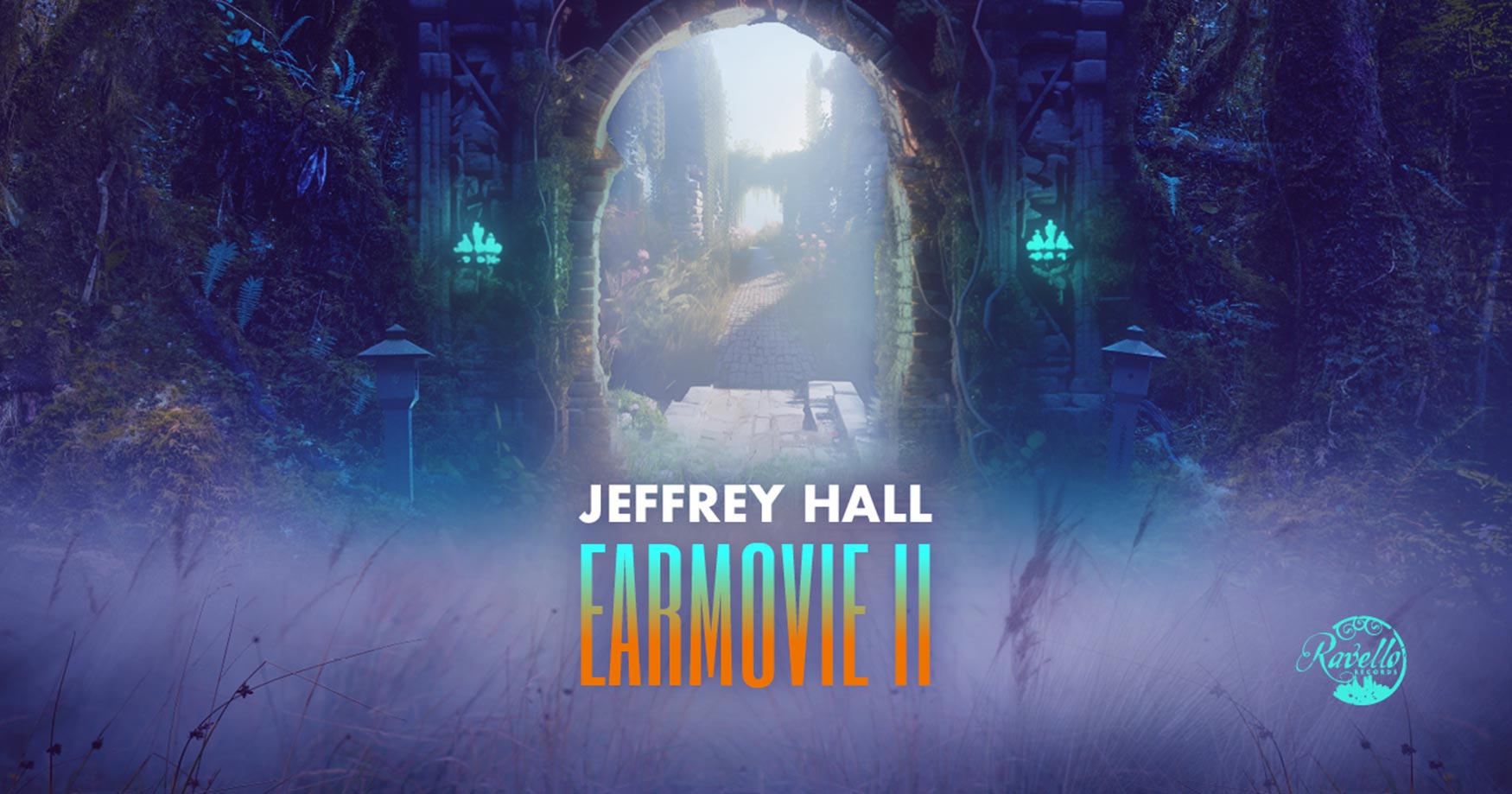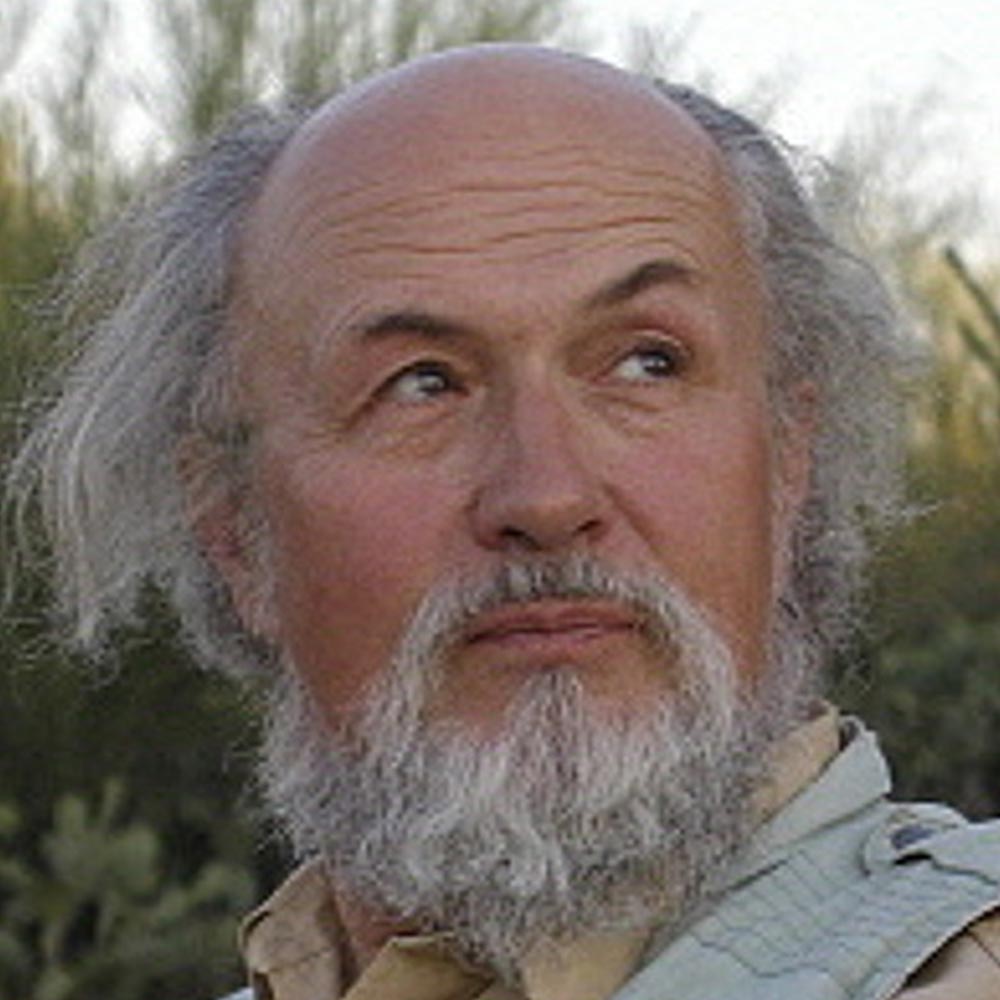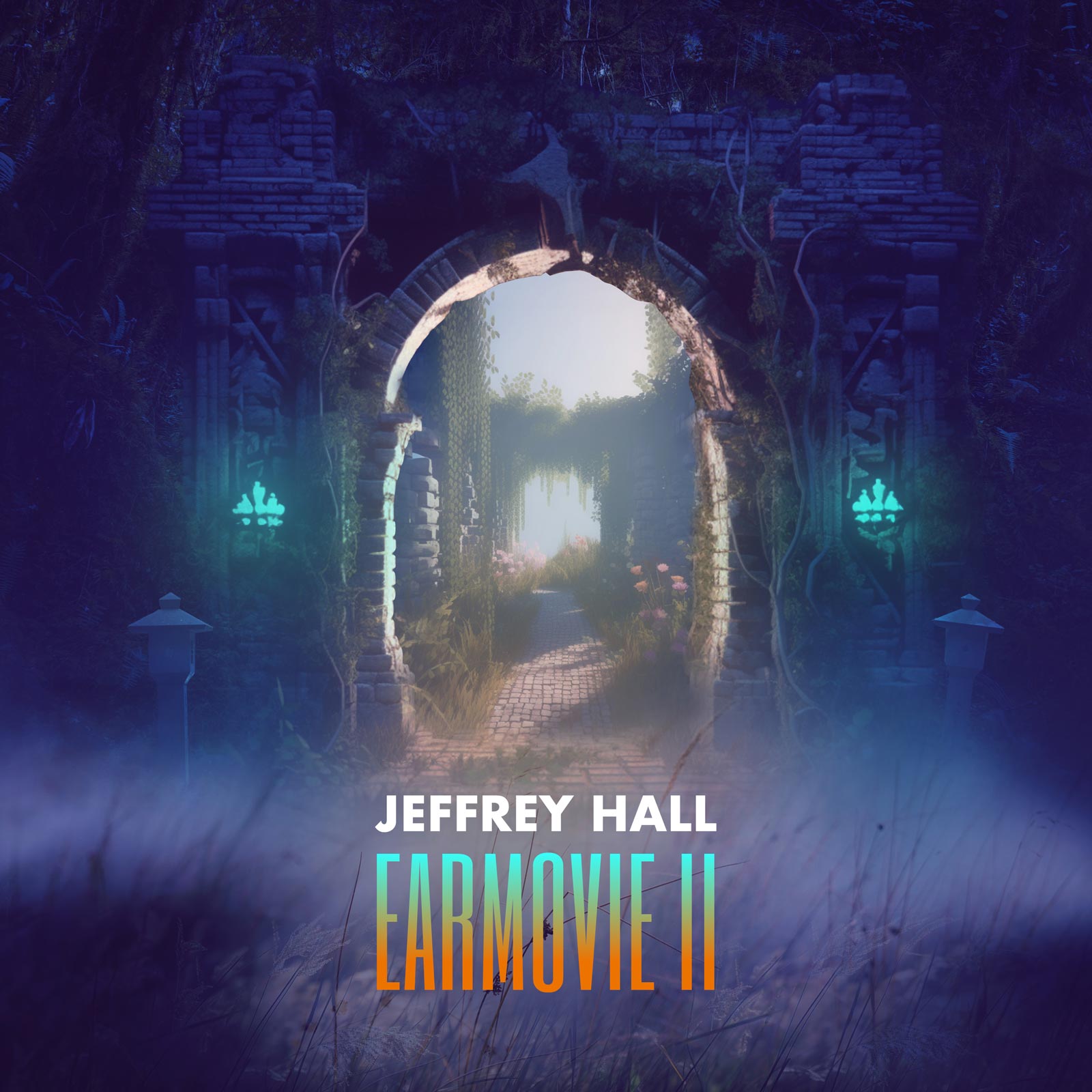
If you crave a deep dive into a new and exciting solar system of starry digital soundscapes, Jeffrey Hall’s EARMOVIE II is certain to take you on an interstellar ride. The titles of its movements are only a guideline to the experience; what the music truly evokes and tells is entirely up to you.
Today, Jeffrey is our featured artist in “The Inside Story,” a blog series exploring the inner workings and personalities of our composers and performers. Read on to learn who he believes is the best interpreter of his work…
If you weren’t a musician, what would you be doing?
If not a composer I might have become an archaeologist with a specialty in deciphering ancient Mesoamerican inscriptions.
If you could collaborate with anyone, who would it be?
I have already collaborated with the best interpreter of my work, Steve Beck. I might have wanted to work with Hitchcock or Kubrick, but they are dead.
What advice would you give to your younger self if given the chance?
For young composers, I could only exhort them to not be overly indebted to the most successful composers after whom they are following.
Take us on a walk through your musical library. What record gets the most plays? Are there any “deep cuts” that you particularly enjoy?
Music I like to listen to: Flemish polyphony, Bach, Beethoven, Wagner, Ravel, and early Webern.
What emotions do you hope listeners will experience after hearing your work?
I think of myself as a kind of tour guide who supplies the score for the movie that’s in the listener’s heads.
What’s the greatest performance you’ve ever seen, and what made it special?
A recorded performance of the Beethoven 8th Symphony by Eugen Jochum and the Concertgebouw.

Jeffrey John Hall, a composer residing in Tucson AZ, was born in Milwaukee WI on May 22, 1941. His education includes both M.A. and D.M.A. degrees from Columbia University. He has written works for computer sound, voice, chamber ensembles, piano, and chamber orchestra. He has held resident fellowships at The Composers' Conference, Yaddo, and The Hambidge Center. His grants include a grant of computer time at Princeton University from 1980 to 1982, where he worked with Paul Lansky, as well as four grants from "Meet the Composer."

